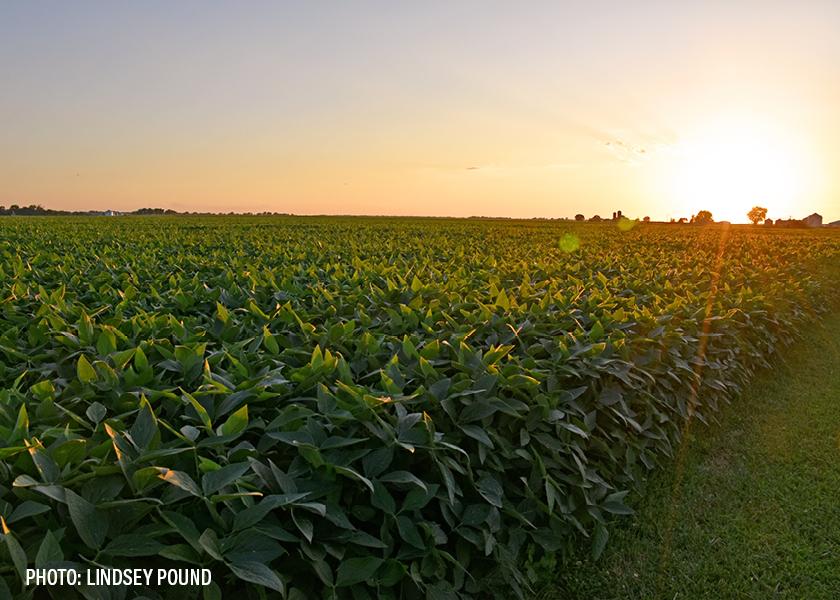New Study Shows Glyphosate Ban Would Drive Up Food Prices

A new report examines a future without glyphosate, showing if glyphosate was no longer a management tool available for farmers, the immediate impact would be costly to the economy, farmers and the environment.
Aimpoint Research, a global strategic intelligence firm, published the report titled “A Future Without Glyphosate,” exploring the repercussions that could emerge from the discontinuation of glyphosate—currently the most commonly utilized herbicide in the United States.
The report, commissioned by Bayer, stresses that while the American ag system and farmers would adapt over time, the immediate impacts would be extensive and costly.
Key findings from the study suggest that the unavailability of glyphosate would:
- Lead to more tilling and fewer cover crops, which could result in the release of up to 34 million tons of CO2, equivalent to the emission of approximately 6.8 million cars.
- Cause a 2 to 2.5 times surge in input costs for farmers due to the limited supply and high prices of alternative products, affecting smaller farms.
- Increase production costs by over $1.9 billion due to increased tillage.
- Add inflationary pressure to food prices over the long term for consumers.
- Reduce the global competitiveness of U.S. ag, especially corn.
- Eventually lead to the development of more alternatives, but this would require several years and substantial investments amidst regulatory uncertainty and a lull in crop protection innovation.
“While markets would adapt to a world without glyphosate, it would be a substantial economic cost to farmers and cause the rapid release of greenhouse gasses, reversing decades of conservation and sustainability gains,” said Gregg Doud, Aimpoint Research chief economist. “This report confirms what many farmers know: Glyphosate is currently a core tool in our modern ag system, helping keep costs down and promoting increased conservation practices.”
EFSA Signals Glyphosate Poses No Threat to Consumers
The European Food Safety Agency (EFSA) says there are no “critical areas of concern” that would limit glyphosate’s usage within the European Union (EU). Although there were identified data gaps in the understanding of consumer dietary risks, EFSA affirmed that experts believe glyphosate would not pose any threats to consumers.
The next steps involve the European Commission considering EFSA’s recommendation and a report from four EU countries to decide whether to propose renewing approval for glyphosate. EU member countries will then vote on the approval.
Related News:
EU Seeks Revised GMO Rules to Loosen Curbs on Gene-Edited Crops
Bayer Weighs Glyphosate Alternatives
EPA: Glyphosate Can Still be Used Through 2026







